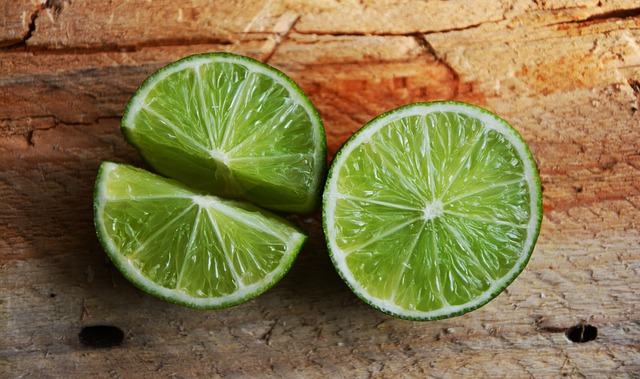Probiotics vs Prebiotics: What’s the Difference?
When it comes to gut health, you may have heard the terms “probiotics” and “prebiotics” thrown around. While they may sound similar, they are actually quite different. In this article, we will explore the difference between probiotics and prebiotics and how they can benefit your overall health.
What are Probiotics?
Probiotics are live bacteria and yeasts that are good for your health, especially your digestive system. They are found in fermented foods like yogurt, kefir, sauerkraut, and kimchi. Probiotics work by maintaining a healthy balance of good and bad bacteria in your gut.
When you consume probiotics, they help to break down food and promote the absorption of nutrients. They also produce enzymes and chemicals that support your immune system and help to fight off harmful bacteria.
What are Prebiotics?
Prebiotics, on the other hand, are types of fiber that are indigestible by the body. They are found in many fruits and vegetables like bananas, onions, garlic, and asparagus. Prebiotics work by feeding the good bacteria in your gut, which helps them to grow and thrive.
When you consume prebiotics, they pass through your digestive system and into your colon where they are fermented by the bacteria. This process produces short-chain fatty acids (SCFAs) which are essential for maintaining a healthy gut.
What are the Benefits of Probiotics?
Consuming probiotics can help to:
- Reduce the severity of diarrhea and other digestive issues
- Improve mental health and reduce anxiety and depression
- Boost your immune system and reduce the risk of infections
- Prevent and treat eczema in children
- Lower cholesterol levels
- Reduce the risk of certain types of cancer
What are the Benefits of Prebiotics?
Consuming prebiotics can help to:
- Support the growth and health of good bacteria in your gut
- Improve digestion and reduce constipation
- Reduce inflammation and improve the immune system
- Lowers the risk of heart disease
- Help with weight loss and management
Probiotics vs Prebiotics: Which is Better?
The truth is, both probiotics and prebiotics are important for maintaining a healthy gut and overall health. Probiotics help to introduce new healthy bacteria into your gut, while prebiotics provide the necessary food for these bacteria to grow and thrive.
Most health experts agree that consuming a combination of both probiotics and prebiotics is the best approach for optimal gut health. You can consume probiotics through fermented foods and supplements, while prebiotics can be obtained through fruits, vegetables, and fiber-rich foods.
Final Thoughts
If you are looking to improve your gut health and overall health, incorporating both probiotics and prebiotics into your diet is essential. By consuming a variety of nutrient-dense foods that contain these beneficial bacteria, you can support the growth and health of good bacteria in your gut. So, go ahead and add some fermented foods and fiber-rich fruits and vegetables to your plate today!







